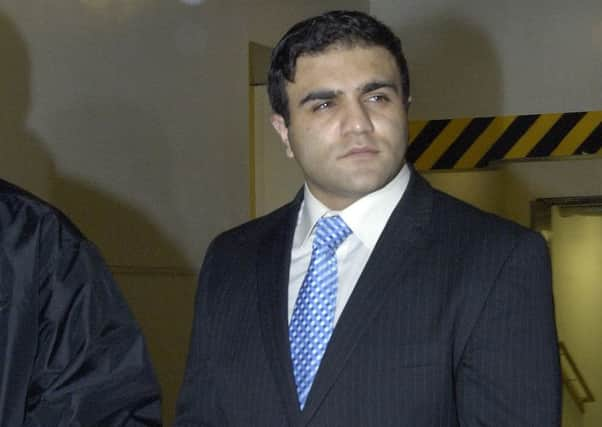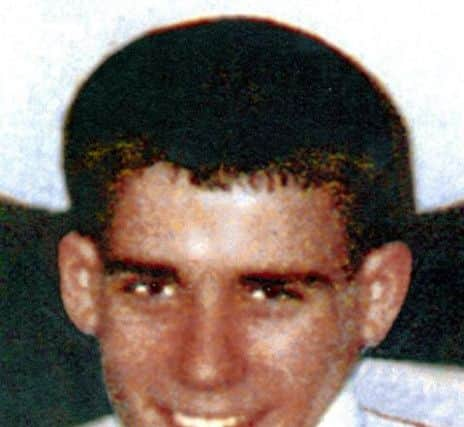Kriss Donald killer’s human rights ‘violated’ in prison


The racially motivated murder of Glasgow 15-year-old Kriss Donald shocked the nation in 2004. He was abducted and stabbed to death just because he was white.
Three Asian gang members, including Imran Shahid, then aged 29, were jailed for life for the murder in November 2006.
Advertisement
Hide AdAdvertisement
Hide AdBut Shahid complained after he was kept in segregation from other prisoners for 56 months between October 2005 and August 2010.


Prison authorities said he was separated for his own protection from other jailbirds who might have targeted him as a child killer.
But five Supreme Court justices today ruled that, for 14 months, Shahid’s segregation was “unlawful”.
During that period, his segregation had not been properly authorised by the Scottish Ministers and his human right to privacy had been violated.
However, the Court’s decision will not earn Shahid a financial windfall after the judges ruled that he had suffered no real harm.
Lord Reed said that Shahid could only have been lawfully kept in segregation for 72 hours without ministerial approval.
And delays in obtaining authorisation on three occasions meant that, for a total of 14 months, his fundamental right to privacy was breached.
No consideration was given to moving him to another prison facility in England and “no meaningful plan” was put in place for him until he had been segregated for 55 months.
Advertisement
Hide AdAdvertisement
Hide AdHowever, the Court concluded that Shahid’s separation from other inmates was in any case “necessary” to protect his own safety.
Arguments that such a long period of segregation amounted to “torture” or “inhuman and degrading treatment” were rejected.
Ruling that Shahid was not entitled to any compensation, the Court said that a declaration that his human rights had been breached was enough to give him “just satisfaction”.